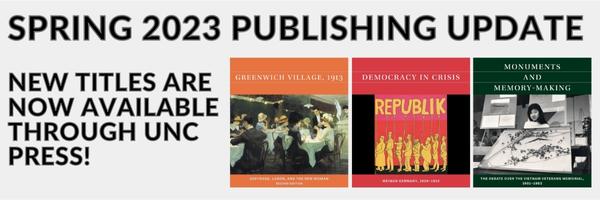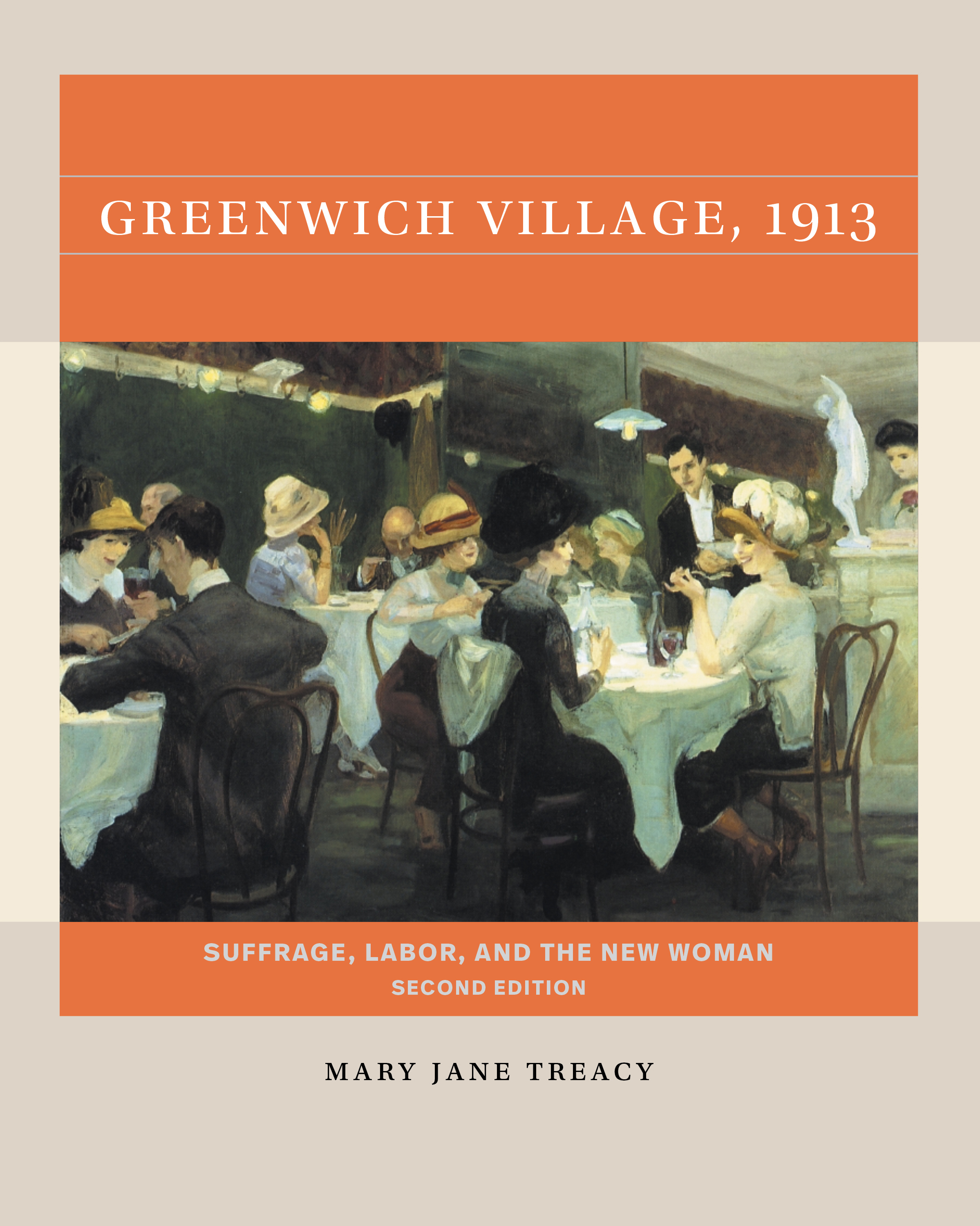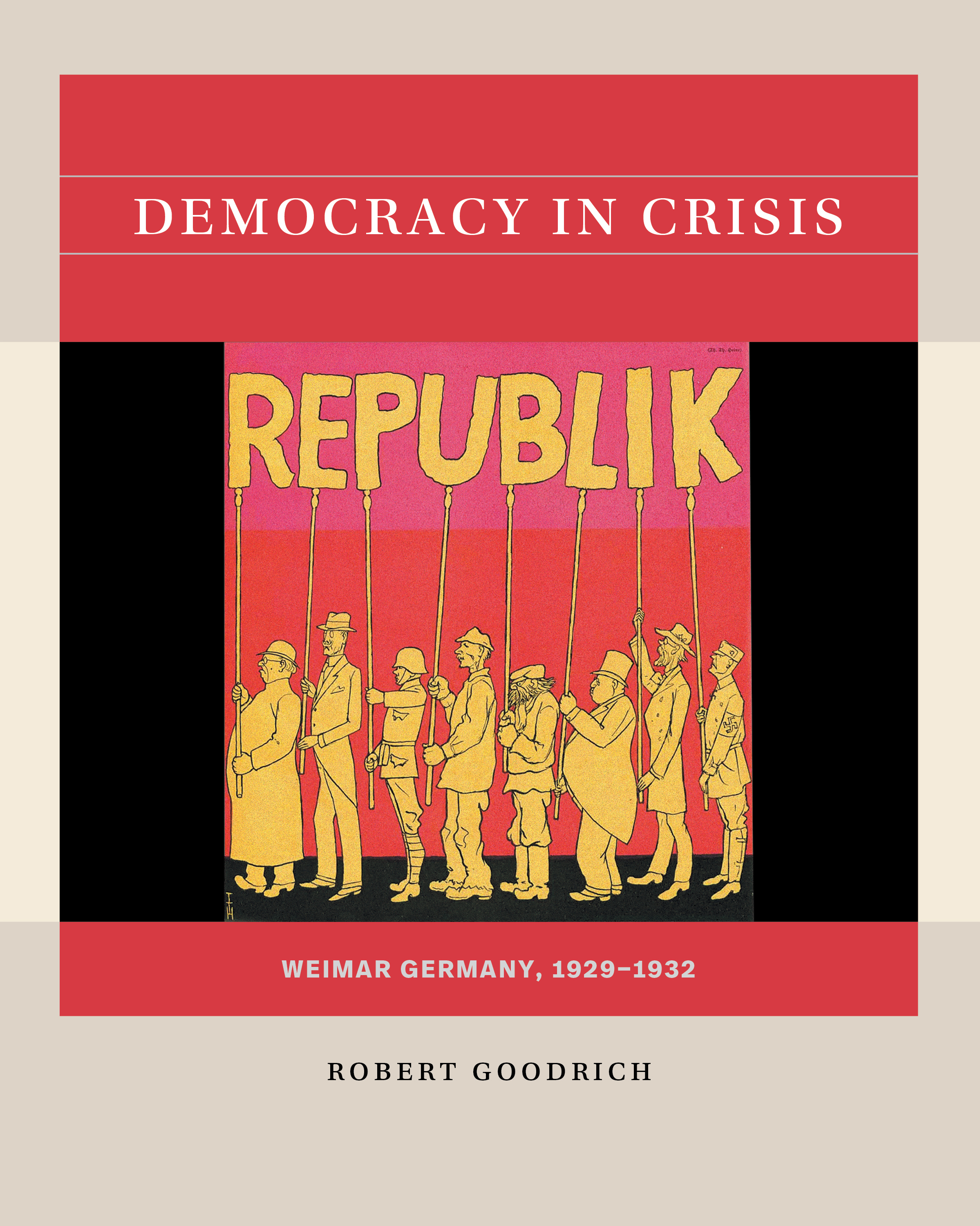
In case you missed it, this Spring UNC Press published three gamebooks for classroom use. Two newly published games and a second edition of a classic are now available to order through the UNC Press website:
Reacting to the Past - UNC Press
These books are available in print and e-book formats and we are excited to see them in the hands of students and instructors! Here's an overview of our newly published games which you can download the Instructor Manuals for today!
Greenwich Village Second Edition
By: Mary Jane Treacy

A New Century, A New America?
This game takes students to the beginning of the modern era when urbanization, industrialization, and massive waves of immigration were transforming the U.S. way of life. Suffragists are taking to the streets demanding the vote. What, they ask, is women’s place in society? Are they to remain in the home or take an active role in the political life of the nation? Labor has turned to the strike to demand living wages and better conditions; some are even proposing an industrial democracy where workers take charge of industries. Can capitalism foster an economically just society or must it be reformed, or even overturned? Members of these groups converge in Greenwich Village to debate their views with bohemians who seek personal transformations to create the new men and women of the twentieth century. The game asks which social changes are most needed, the ideals they espouse, and the best ways to realize their goals.
View Greenwich Village Second Edition
Monuments and Memory-Making: The Debate Over the Vietnam Veteran's Memorial, 1981-1982
By: Rebecca Livingstone, Kelly McFall, and Abigail Perkiss

How do we remember a lost war?
When the Vietnam War drew to a close, the process of memorializing the conflict resulted in a tug-of-war over the national narrative of the 20+ year struggle. In the wake of devastating loss and in the midst of the continuing and ever-evolving Cold War, conflicting voices emerged in the creation of the Vietnam Veterans Memorial in Washington, D.C. Such physical spaces offer insights into how the creators of those spaces constructed the past, how they intended for audiences to do the same, and how those meanings can be challenged. In this game, students will take part in the conversations and controversies that emerged as the nation grappled with how best to memorialize what was at the time the longest conflict in US history. As they engage in the very process of memory-making, they will work to reconcile the varied and often conflicting voices that emerged after the fall of Saigon. How do we create a national memory of the past? How do we move on from a lost war? How do we remember the dead, while honoring the living? How do we reunite a fractured nation? Who speaks to that nation, and who speaks for it? How does public opinion and public consciousness shape our understanding of the past? Whose voices matter?
View Monuments and Memory-Making
Democracy in Crisis: Weimar Germany, 1929-1932
By: Robert Goodrich

What happens when partisan ideology trumps compromise in a polarized Democracy?
At one moment in history all of the great ideologies of the modern West collide as roughly equal and viable contenders: Germany during the so-called Weimar Republic. Liberalism, nationalism, conservatism, social democracy, Christian democracy, communism, fascism, and every variant of these movements contend for power in Germany. Though the constitutional framework boldly enshrines liberal democratic values, the political spectrum is so broad and fully represented that a stable parliamentary majority requires constant compromises – compromises that alienate supporters, opening the door to radical alternatives.
As delegates of the Reichstag, players must contend with street fights, trade union strikes, assassinations, and insurrections, along with intense parliamentary wrangling. The game begins in late 1929, just after the US stock market crash, as the German Reichstag deliberates on the Young Plan (a revision to the reparations plan from the Treaty of Versailles). They address these matters and more as the pressures of economic stress, political gridlock, and foreign demands mount.
View Democracy in Crisis


